1. The Fresh Prince of Bel-Air
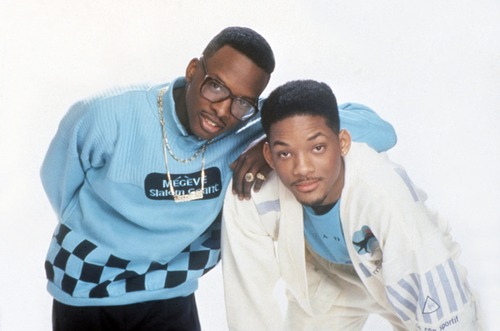
At first glance, it’s all bright colors, funky fashion, and the Carlton dance, but The Fresh Prince had some surprisingly heavy moments. Will’s whole journey starts because he got into a fight and his mom feared for his safety—so she ships him off across the country. That’s a pretty traumatic uprooting for a teenager. And while the show plays up the culture clash for laughs, there’s a deeper story about belonging and identity under the surface shares Ranker.
Then there’s that infamous episode with Will’s dad. It’s one of those scenes people still talk about decades later, where Will breaks down crying because his father walks out on him—again. It wasn’t played for laughs. It hit so hard because the humor dropped away and what was left was raw pain. Suddenly, this goofy sitcom was digging into abandonment and fatherhood in a way that felt way too real adds Cinemablend.
2. Boy Meets World
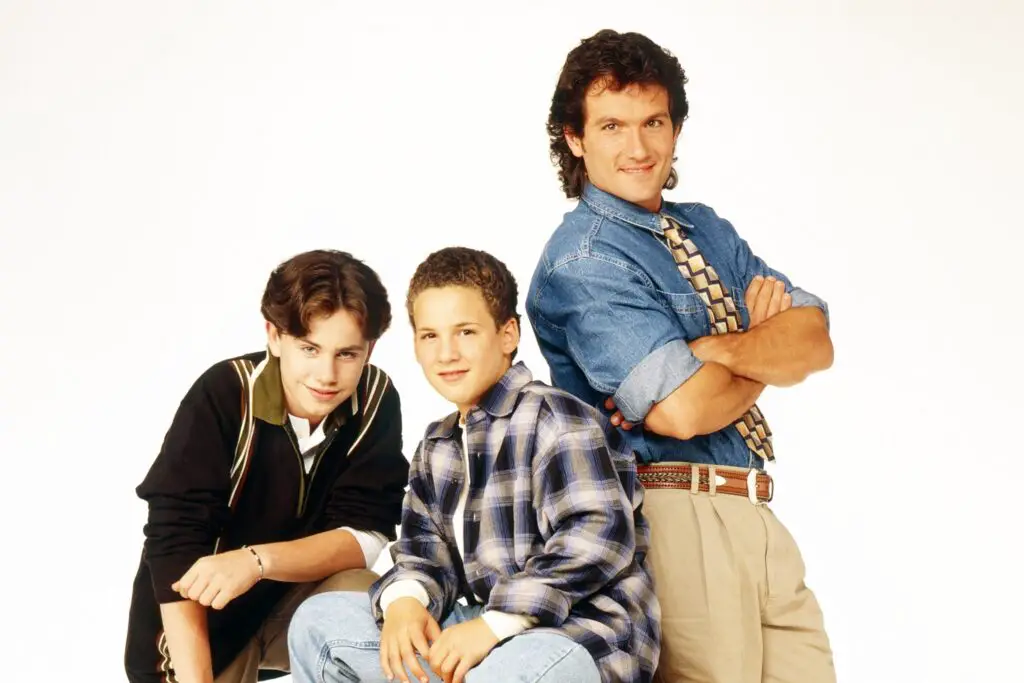
This one seemed like classic ’90s family fun, but if you stuck around for the later seasons, you probably noticed things got pretty dark. The characters faced abuse, death, mental health struggles, and some serious emotional trauma. Shawn, for instance, had a rough childhood—he dealt with poverty, neglect, and a whole lot of instability. His mom left, his dad died, and he constantly questioned his worth shares Scary Mommy.
Even Topanga and Cory’s relationship, which was supposed to be sweet and destined, had its darker turns. Cory cheated, they broke up, and there were moments that really questioned whether young love could (or should) survive everything. Eric, who started as the charming older brother, slowly turned into a caricature of himself—raising eyebrows about how the show treated mental health. Beneath all the teen drama was a surprisingly mature exploration of life’s harder parts adds Yahoo.
3. Family Matters
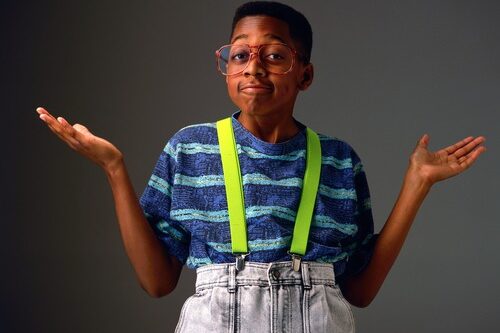
Most of us remember Family Matters as the Steve Urkel show, but peel back the layers and there’s a lot more going on. The Winslows are a middle-class Black family in Chicago trying to stay afloat—and they deal with a lot. There were episodes that dealt with racial profiling, gang violence, and police corruption. Carl, being a cop, often had to confront hard truths about his job and community.
And then there’s Steve, who’s often laughed at or pushed aside, but he’s also incredibly lonely. He’s brilliant but socially isolated, and it’s clear he’s not just a comic relief character—he’s someone desperately seeking love and belonging. The more you watch, the more it feels like Steve is a tragic figure trapped in a laugh track. The slapstick moments don’t always cover up the sadness underneath.
4. Full House
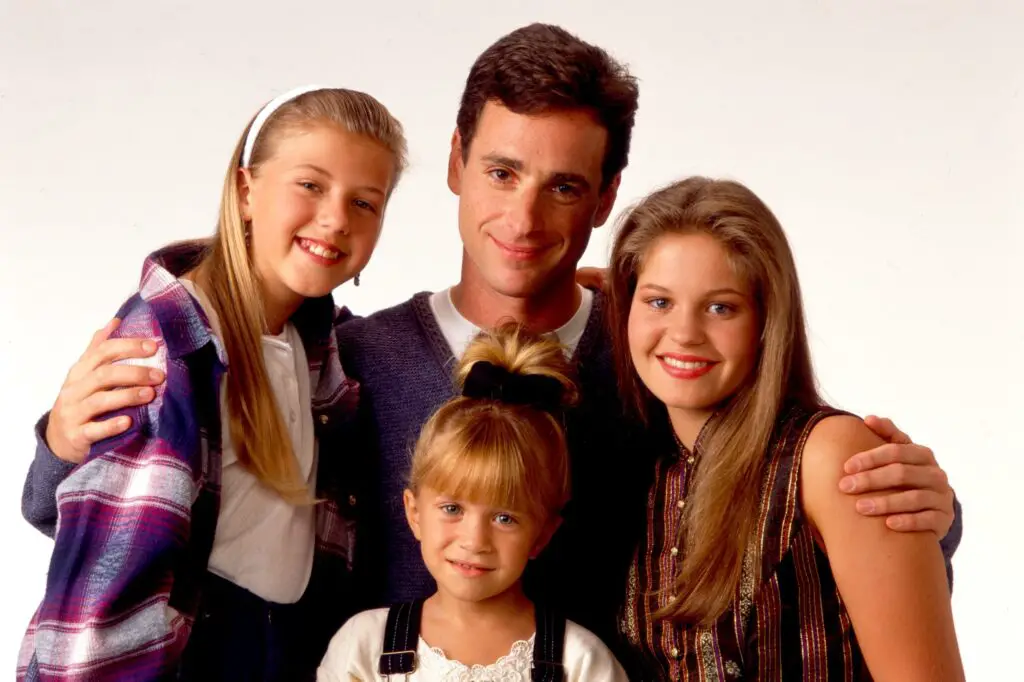
Sure, it’s all hugs and heart-to-hearts by the end of every episode, but Full House starts with a huge tragedy. Danny Tanner is raising three daughters alone after his wife dies in a car accident. That’s the entire premise—grief, loss, and single parenting. The show quickly pivots into comedy, but that grief is always quietly there.
And then you’ve got Uncle Jesse and Joey moving in to help raise the girls, which sounds fun, but it’s also kind of heartbreaking. They all had to sacrifice big parts of their lives to keep the family together. The show never dives too deep into that emotional weight, but it lingers just under the surface. Behind all the silliness, there’s a real story about building a family after tragedy.
5. The Golden Girls
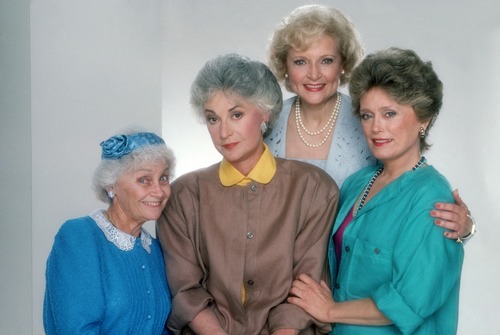
It’s easy to get distracted by the sass and cheesecake, but The Golden Girls didn’t shy away from tough topics. These were older women, many of whom had lost husbands, lived through difficult marriages, or were estranged from their children. Loneliness, aging, and mortality were all recurring themes. The laughter made it easier to digest, but those issues were front and center.
There were episodes that tackled everything from elder care and ageism to LGBTQ+ acceptance and terminal illness. Sophia made jokes, sure, but she was also a widow who’d lost her home. Dorothy dealt with chronic fatigue syndrome and being undervalued. For all its charm, this was a show about women trying to stay strong while the world around them constantly reminded them they were past their prime.
6. Cheers
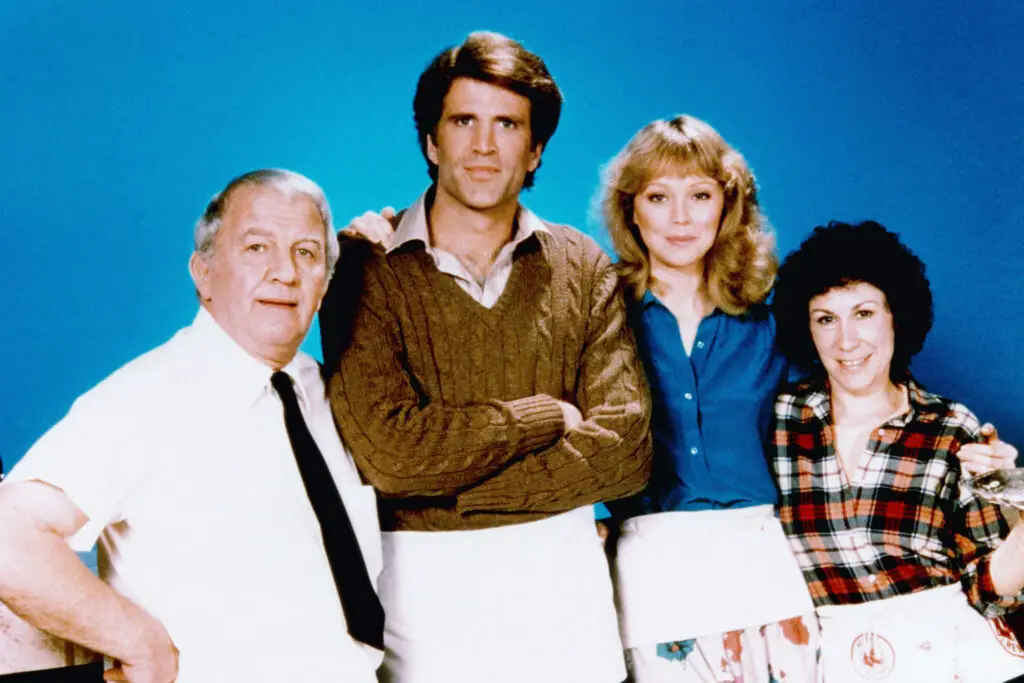
The setting alone—a bar where everyone knows your name—sounds like a sitcom goldmine. But think about it for a second: Sam is a recovering alcoholic running the very place that tempts him every day. That’s dark. His past is littered with addiction and failed relationships. And while the banter is light, there’s a real sadness to how many of the characters are stuck in cycles they can’t break.
Cliff and Norm, for example, basically live at the bar. That’s not exactly healthy. Norm’s marriage is a constant punchline, but it hints at deep dissatisfaction. Even Frasier, who seems put together, is emotionally a mess by the time we meet him. Behind the jokes about beer and Boston, there’s a lot of quiet despair on those barstools.
7. Everybody Loves Raymond
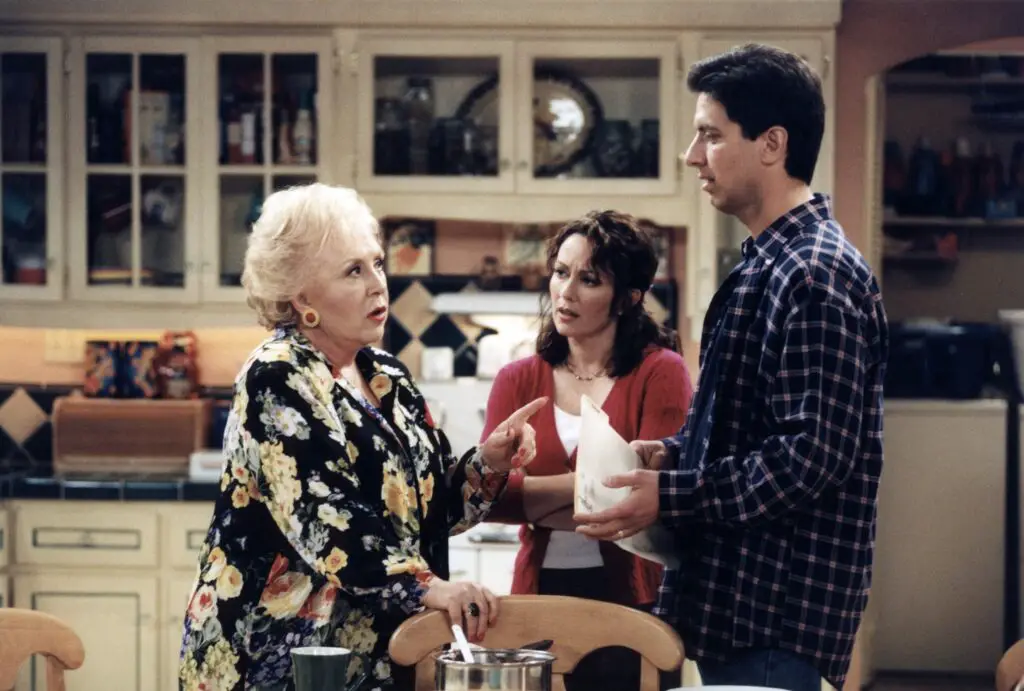
On the surface, it’s a goofy show about a loud family that meddles in each other’s business. But dig a little deeper and you’ll see how much emotional dysfunction is packed into every episode. Marie is manipulative, Frank is emotionally distant, and Debra is often overwhelmed and underappreciated. Most of the characters have deeply unhealthy communication patterns.
Ray avoids conflict like the plague, and his refusal to grow up often hurts the people around him. His marriage to Debra, though funny, shows signs of burnout and resentment. Robert, the older brother, lives in a constant state of jealousy and self-doubt. The show gets a lot of laughs from their squabbles, but the relationships are often sad when you stop to really think about them.
8. Scrubs
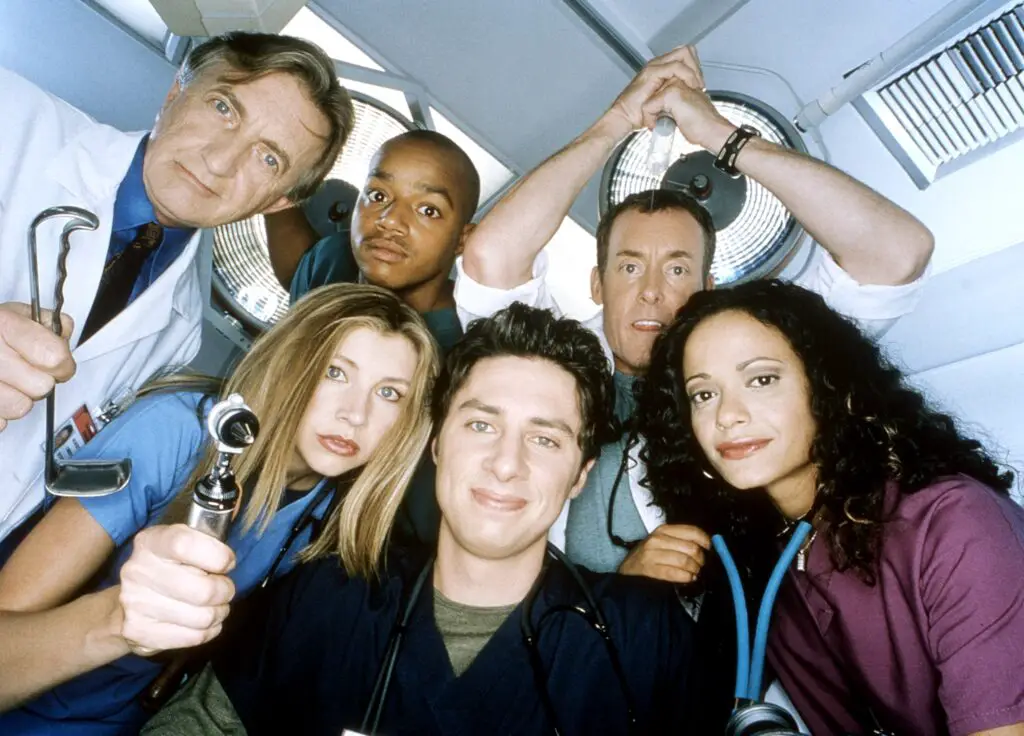
Yes, Scrubs was known for its absurd humor and fantasy cutaways, but wow—it did not hold back on emotional punches. It was a show about life and death in a hospital, after all. Patients died, doctors burned out, and friendships crumbled. There were entire episodes dedicated to loss, grief, and existential dread.
Dr. Cox, in particular, was a character who masked his suffering with sarcasm. He broke down when patients died, and his struggle with the pressures of medicine was heartbreaking. JD’s narration often veered into the melancholy. The comedy made the heavy moments easier to handle, but they hit hard when they landed.
9. Malcolm in the Middle
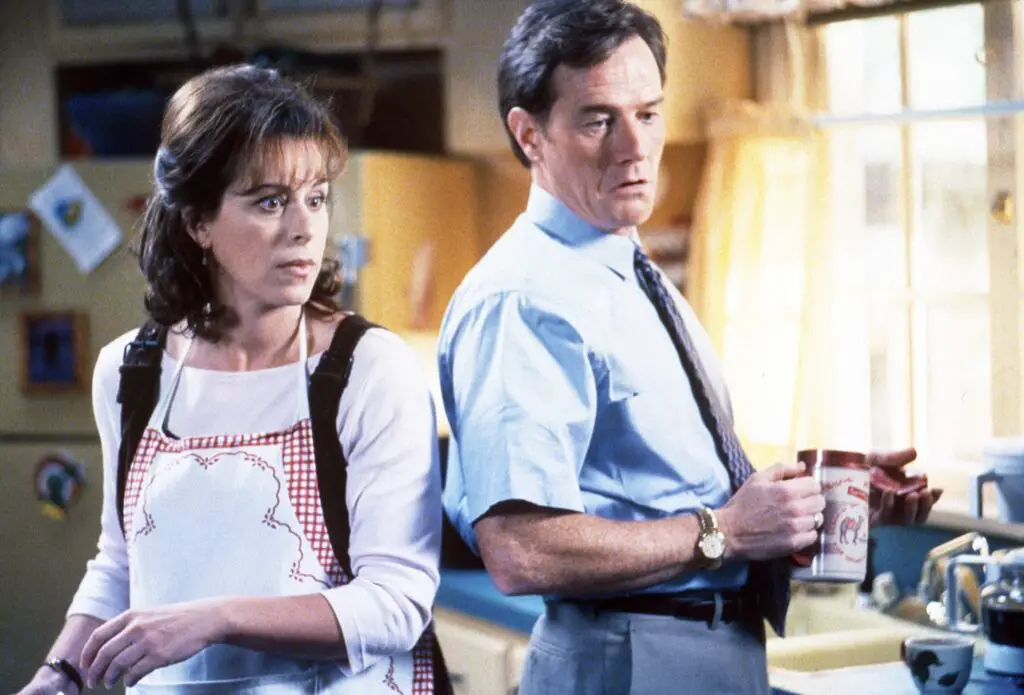
This show was chaotic and hilarious, but it didn’t sugarcoat how hard life can be. The family was poor and constantly struggling. Lois and Hal did their best, but the stress often exploded into shouting matches and breakdowns. And Malcolm, the “genius,” never felt like he fit in anywhere.
He was under constant pressure to succeed while navigating a dysfunctional home life. Reese was violent and unpredictable, and Dewey often got ignored. The show was brilliant in how it portrayed a very real type of working-class family—but it didn’t hold back on the darker truths of that reality. Sometimes the comedy just highlighted how tough things really were.
10. Roseanne
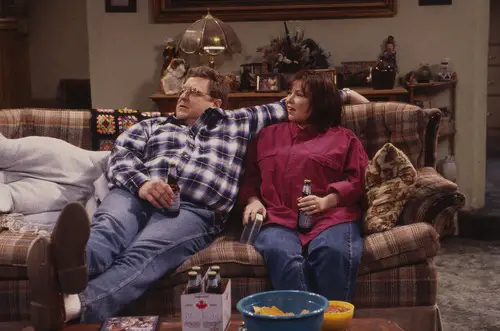
This one was more honest about its darkness than most sitcoms, but it still deserves a mention. Roseanne tackled poverty, unemployment, domestic issues, and mental health head-on. The Conners were always struggling to make ends meet. And unlike a lot of sitcoms, things didn’t magically work out by the end of every episode.
There were fights that felt a little too real, and situations that hit close to home for a lot of viewers. The show’s strength was its realism, but that also meant watching people go through some pretty bleak stuff. Dan’s heart attack, Becky running away, Darlene’s depression—it was a lot. And while there were laughs, they often came as a way to cope, not to escape.
11. My Wife and Kids
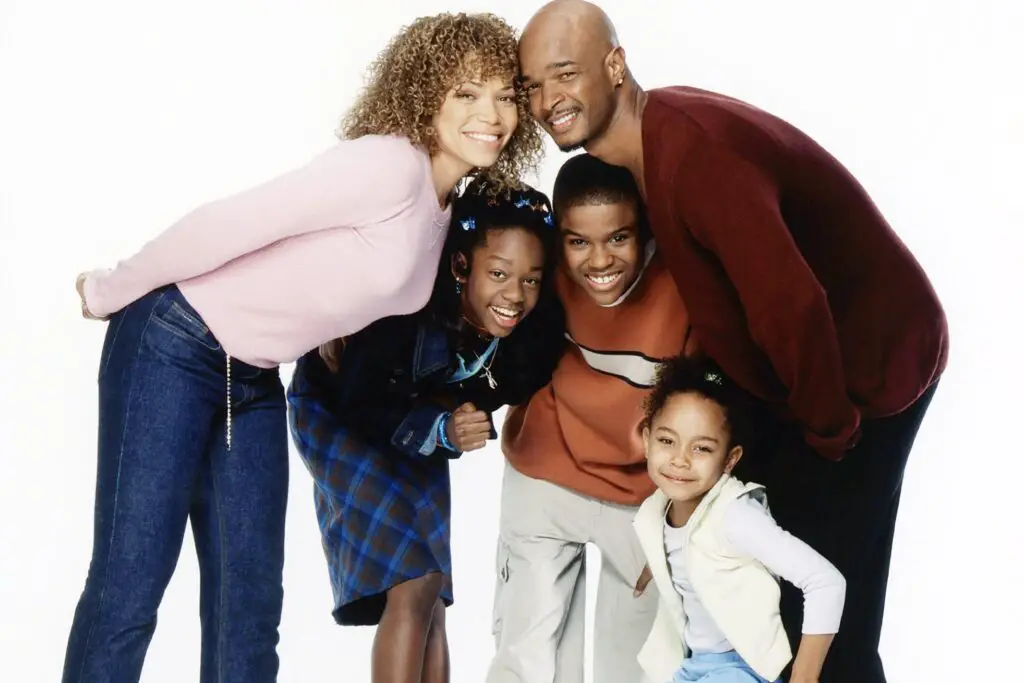
This one flew under the radar for many, but it had its share of serious undertones. Michael Kyle often presented himself as a fun-loving dad, but he had an iron grip on his household. A lot of the humor came from his need for control and his fear of being disrespected. It was funny, sure, but there were episodes where it felt more oppressive than playful.
The show also explored teen pregnancy, marital strain, and parenting challenges. Jay often seemed exhausted and overlooked, and their kids struggled with feeling heard. It wasn’t always clear if the family dynamics were meant to be exaggerated for laughs or cautionary. Either way, the tension was very real under the jokes.
12. 3rd Rock from the Sun
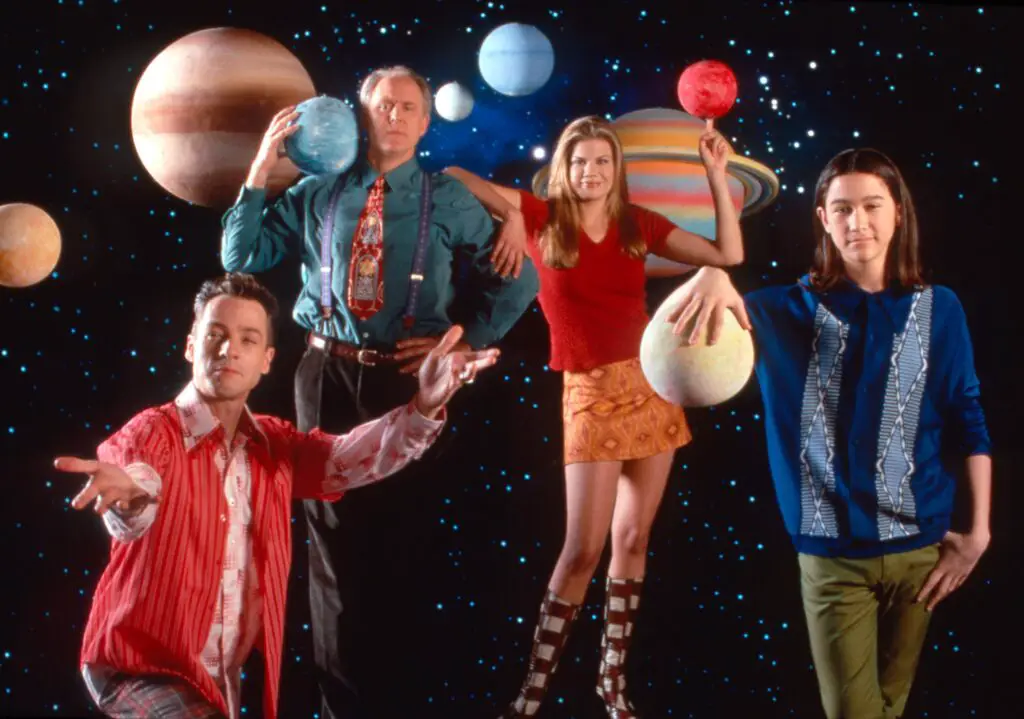
This show was zany and outlandish, with aliens trying to blend in as humans. But that outsider perspective allowed it to touch on some deep philosophical questions. The characters constantly struggled with what it meant to be human—love, loneliness, mortality, and morality all came up. Dick, in particular, often had existential meltdowns.
It was a comedy, but it used absurdity to explore how strange and sometimes painful the human experience can be. The aliens were baffled by cruelty, heartbreak, and aging. And their confusion was often a mirror to the audience. It made you laugh, but it also made you question the weirdness of our world.
13. The Middle
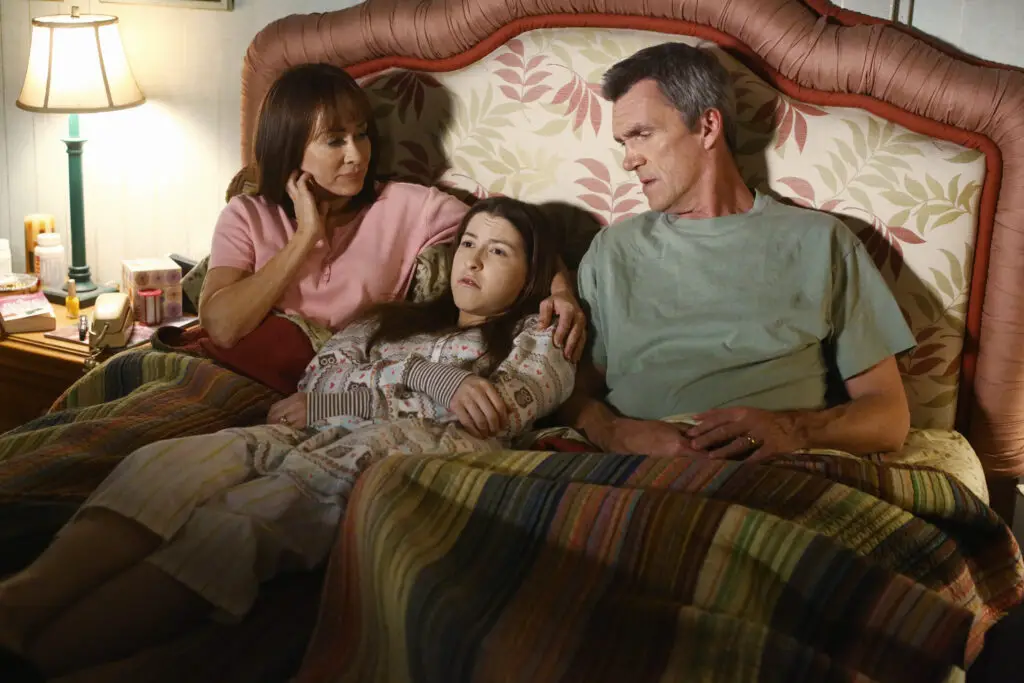
This one might have seemed like a quirky family sitcom, but the Heck family’s struggles were intense. They lived paycheck to paycheck, constantly sacrificing and compromising. Frankie and Mike tried their best, but they were exhausted and often emotionally unavailable. The stress of keeping the family afloat took a toll on everyone.
Axl felt overlooked, Sue clung to toxic positivity, and Brick was clearly dealing with developmental challenges. The show was good at finding humor in hardship, but it never fully escaped the reality that things were hard and unlikely to change. It wasn’t glamorous, and that was kind of the point. Sometimes it was so relatable, it hurt.
